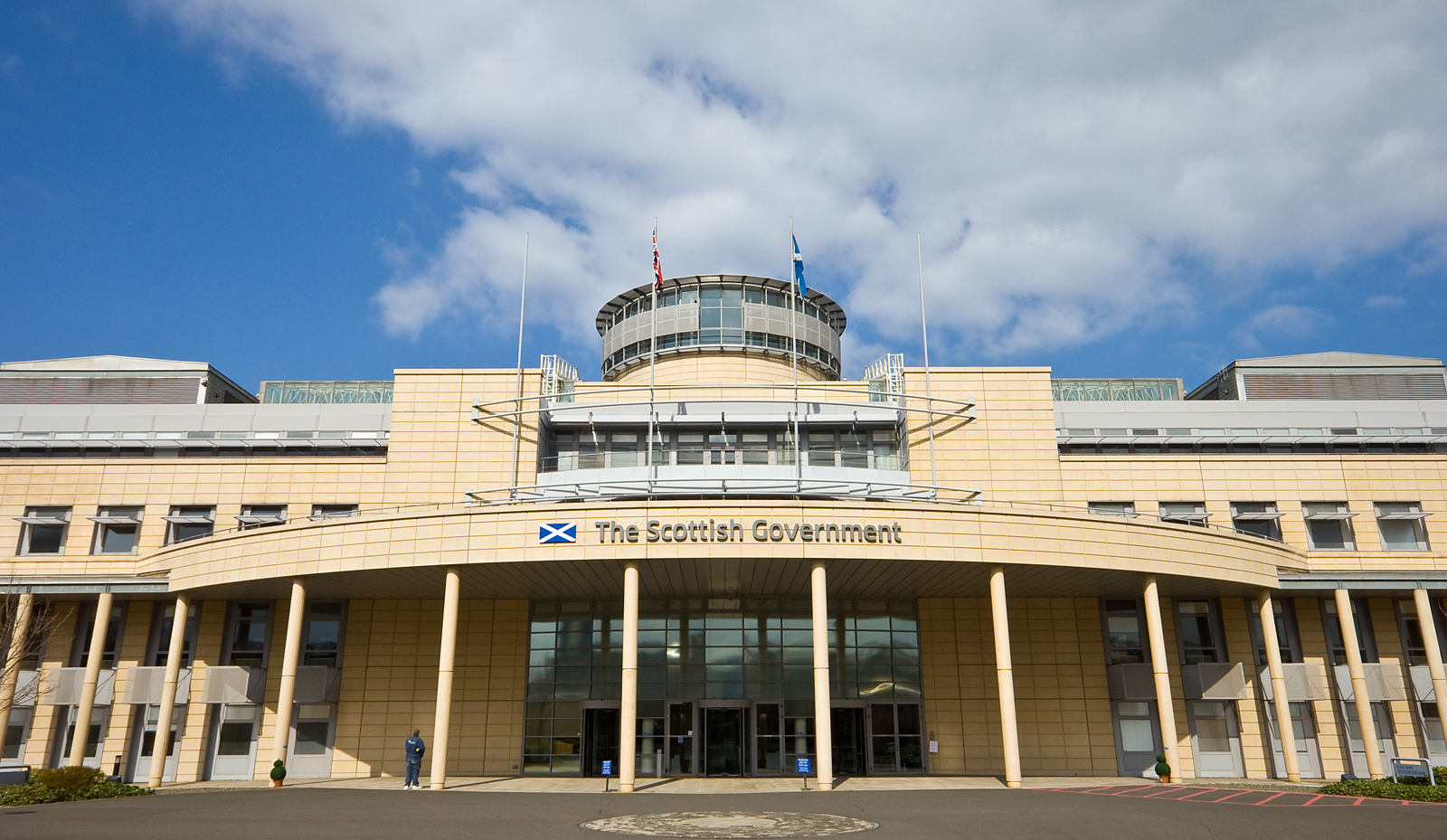Scotland’s draft interim constitution: limiting or liberating?
In part two of our piece in which experts give their views on the Scottish Government’s draft interim constitution, we hear from Katie Boyle of the University of Limerick, Stirling University’s Ben Saunders, and Glasgow University’s Thomas Lundberg. They weigh up whether the document is up to the task of taking Scotland through the difficult transition to independence in the event of a ‘Yes’ vote.
Katie Boyle, Economic and Social Research Council Research Fellow, University of Edinburgh and Lecturer in International Human Rights, University of Limerick.
 This consultation paper makes a contribution to engendering legitimacy in the process by informing the debate and
This consultation paper makes a contribution to engendering legitimacy in the process by informing the debate and
allowing voters the opportunity to consult on the proposed terms of an interim constitution should Scotland vote yes in the referendum. On the other hand, there is still much that is unclear, such as what the terms of reference, procedures and mechanisms for participation and inclusion in the Constitutional Convention process would be – so as to ensure, for example, that minority or marginalised groups are heard in what could potentially be an exercise of elite or majoritarian decision making. At the very least, it is notable that the proposed Bill ensures the Convention would operate independent of the Scottish Government and Parliament.
Of course, even if Scotland does vote yes, the eventual enactment of the proposed interim Bill is also wholly dependent on the relevant reserved powers being devolved to the Scottish Parliament by the UK Parliament in advance of independence day. For example, under the current constitutional framework it would be beyond the legislative competence of the Scottish Parliament to declare independence and beyond the executive competence of the Scottish Government to negotiate membership of international organisations – each of which together with the Bill itself (the purpose of which is to amend the constitution), would require the transfer of a number of reserved matters. This transfer may be difficult to secure and could be further complicated by the composition of a newly elected UK Parliament in the 2015 general election.
Dr Ben Saunders, Lecturer in Legal, Political and Moral Philosophy, Stirling University
 The Scottish Government’s consultation document claims that a written constitution is rendered “problematic, if not impossible” (p. 27) in the UK by the doctrine of parliamentary sovereignty, according to which a current parliament cannot bind its successors. However, the problem is not where sovereignty resides, but its absoluteness.
The Scottish Government’s consultation document claims that a written constitution is rendered “problematic, if not impossible” (p. 27) in the UK by the doctrine of parliamentary sovereignty, according to which a current parliament cannot bind its successors. However, the problem is not where sovereignty resides, but its absoluteness.
The draft Scottish constitution holds that the people are sovereign (§2), yet this is limited by the constitution itself (§3(4)). If the constitution enshrines some particular policy – such as nuclear disarmament (§23) – then there is now something that the people cannot do, at least without constitutional amendment. These limits may be relatively insignificant if the constitution itself reflects the will of the people. But, so long as it does, there is no real need for it.
An enshrined constitution only acts as a real constraint when it prevents something that might otherwise have been done from occurring. But, if that ever happens, then the people of some past time have prevented the then current people from doing what they will. In practice, the constitution allows decisions by past generations to bind future generations. This is not only democratically dubious, but also unlikely to foster the long-term decision-making that the draft-framers apparently want (p. 44).
Dr Thomas Lundberg, Lecturer in Politics, Glasgow University
 The SNP’s draft Scottish Independence Bill provides an interim constitution that is just good enough to tide Scotland over in the event of a vote for independence in September. Aware that it is very short on detail, the Scottish Government notes that the constitution is temporary and that a constitutional convention, independent of the government, would later draft a permanent constitution. Furthermore, aspects of the Scotland Act 1998 and its amendments would continue to operate alongside the interim constitution.
The SNP’s draft Scottish Independence Bill provides an interim constitution that is just good enough to tide Scotland over in the event of a vote for independence in September. Aware that it is very short on detail, the Scottish Government notes that the constitution is temporary and that a constitutional convention, independent of the government, would later draft a permanent constitution. Furthermore, aspects of the Scotland Act 1998 and its amendments would continue to operate alongside the interim constitution.
Aside from wanting to turn public attention away from the (perhaps empty) promises of extra devolution recently made by the Conservatives, Liberal Democrats, and Labour, the SNP’s rationale for publishing this bill now may have to do with convincing the public that a ‘yes’ vote is not necessarily a vote for the SNP, but for a new constitutional order. The interim constitution is rather vague, and the references to popular sovereignty unremarkable when compared to other democratic constitutions around the world. Indeed, what is remarkable is that the SNP can score political points because the uncodified (‘unwritten’) British constitution is so unusual among democracies, and parliamentary, not popular, sovereignty lies at its centre. Ultimately, the interim constitution fits well into the Yes Scotland campaign’s focus on enhancing democracy.
—
Part one of our ‘experts’ piece on the draft interim Scottish constitution can be found here
Note: this post represents the views of the contributors, and not those of Democratic Audit or the LSE. Please read our comments policy before posting a comment. The shortened URL for this post is: https://buff.ly/1snJUB5






 Democratic Audit's core funding is provided by the Joseph Rowntree Charitable Trust. Additional funding is provided by the London School of Economics.
Democratic Audit's core funding is provided by the Joseph Rowntree Charitable Trust. Additional funding is provided by the London School of Economics.
Read @democraticaudit’s piece in which experts give their views on the @ScotGov’s draft interim constitution https://t.co/bcxIfZt2cI
Scotland’s draft interim constitution: limiting or liberating? https://t.co/cTkMe4fM1h
Part two of our experts coverage of Scotland’s draft interim constitution is now online: https://t.co/5ve8fThbrf
Scotland’s draft interim constitution: limiting or liberating? https://t.co/V0U2AlA70f